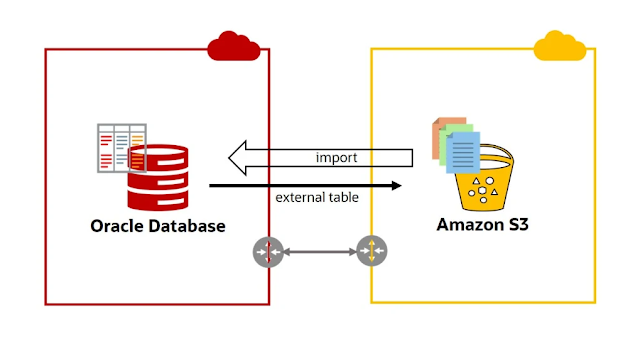Why Should you Migrate Database SQL Server to Snowflake
Should you migrate databases from Microsoft SQL Server to Snowflake? The answer is most definitely Yes, simply because of all the benefits that the cloud-based data warehousing solution Snowflake brings to the table.
Here are some of the benefits that make
organizations want to migrate databases from SQL Server to Snowflake.
·
Snowflake supports a wide range of cloud
vendors as its architecture matches most of them. Users, therefore, do not have
to use different tools to work on all or any one of the vendors.
·
In the databases of the past, storage
and computing facilities were all lodged in one silo. This made estimating
costs of storage or computing very difficult. In Snowflake, these two are
segregated and located in separate silos, thereby helping users accurately
estimate the costs of maintaining either of them individually.
·
Migrating databases from SQL Server
to Snowflake is a cost-effective proposition for businesses. Users can scale
up or down in data storage volumes by paying only for the quantum of resources
used. Normally, users have to pay flat one-time fees for storage regardless of
the volume consumed.
·
A huge benefit to businesses in
migrating databases to Snowflake is that data in its native format –
unstructured, semi-structured, or structured – can be stored on this data
warehousing cloud-based platform. Further, JSON, Parquet, Avro, and XML data
are supported by Snowflake.
·
Snowflake also offers high computing
powers. There is no lag or drop in the performance of databases even when multiple
users simultaneously execute intricate queries.
These are some reasons why this data warehousing
solution encourages businesses to migrate databases from SQL Server to
Snowflake.




Comments
Post a Comment